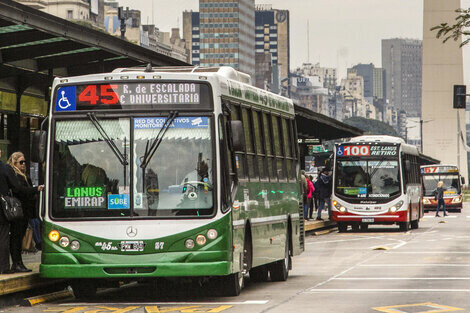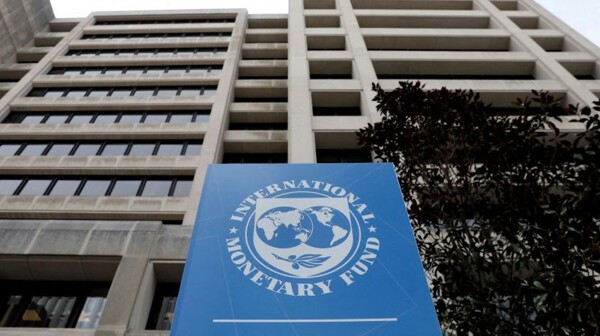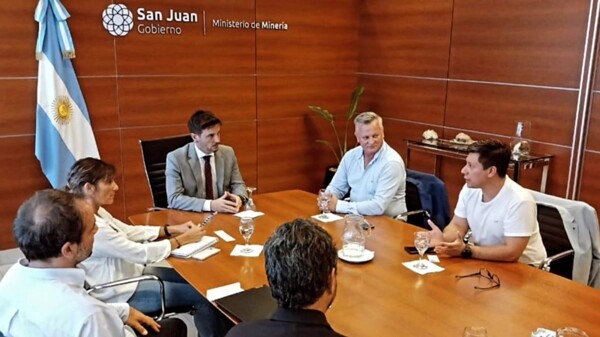
The Argentine government is facing a difficult situation due to the salary conflict in the public transport sector. The Union of Automotive Tram Drivers (UTA) decided not to join the general strike on October 30, highlighting internal differences within the union, especially between its leader, Roberto Fernández, and the truck driver leader, Pablo Moyano.
The UTA argues that they are owed more than $20 billion in fare compensations from July, which worsens the financial situation of the sector. Due to the lack of agreement, they have called for a bus strike on October 31 in the Metropolitan Area of Buenos Aires (AMBA), affecting thousands of users.
In a recent meeting, national authorities did not present a concrete offer that satisfied UTA's demands. This is compounded by a broader context of strikes led by the General Confederation of Labor (CGT), which has paralyzed different modes of transport across the country.
The mandatory conciliation, which could have paused union actions, expired on October 28, limiting government intervention. Transport companies claim they cannot meet the requested salary increase without a fare update or an increase in state subsidies.
Bus workers, represented by the UTA, demand a salary increase of 24.7%, retroactive to August. The resolution of the conflict will depend on both parties' ability to address workers' salary concerns and the financial limitations of the companies.
Uncertainty persists, and if an agreement is not reached in the upcoming meetings, the strike on October 31 could have a significant impact on urban mobility and the daily lives of millions of people in the AMBA. Bus drivers are seeking to raise their basic salary to $1,322,000 by December, reflecting the tensions and challenges present in the Argentine labor movement.














